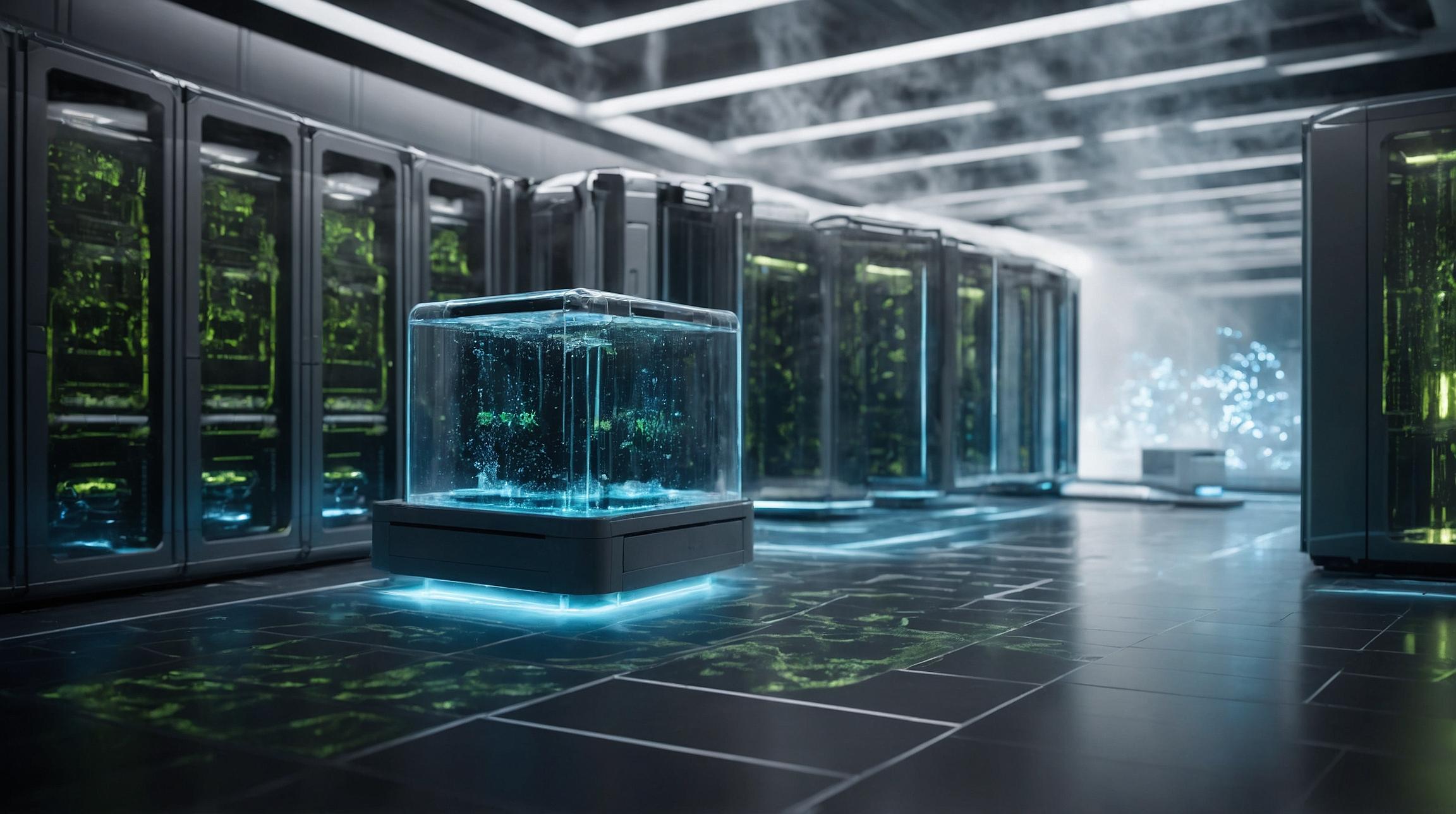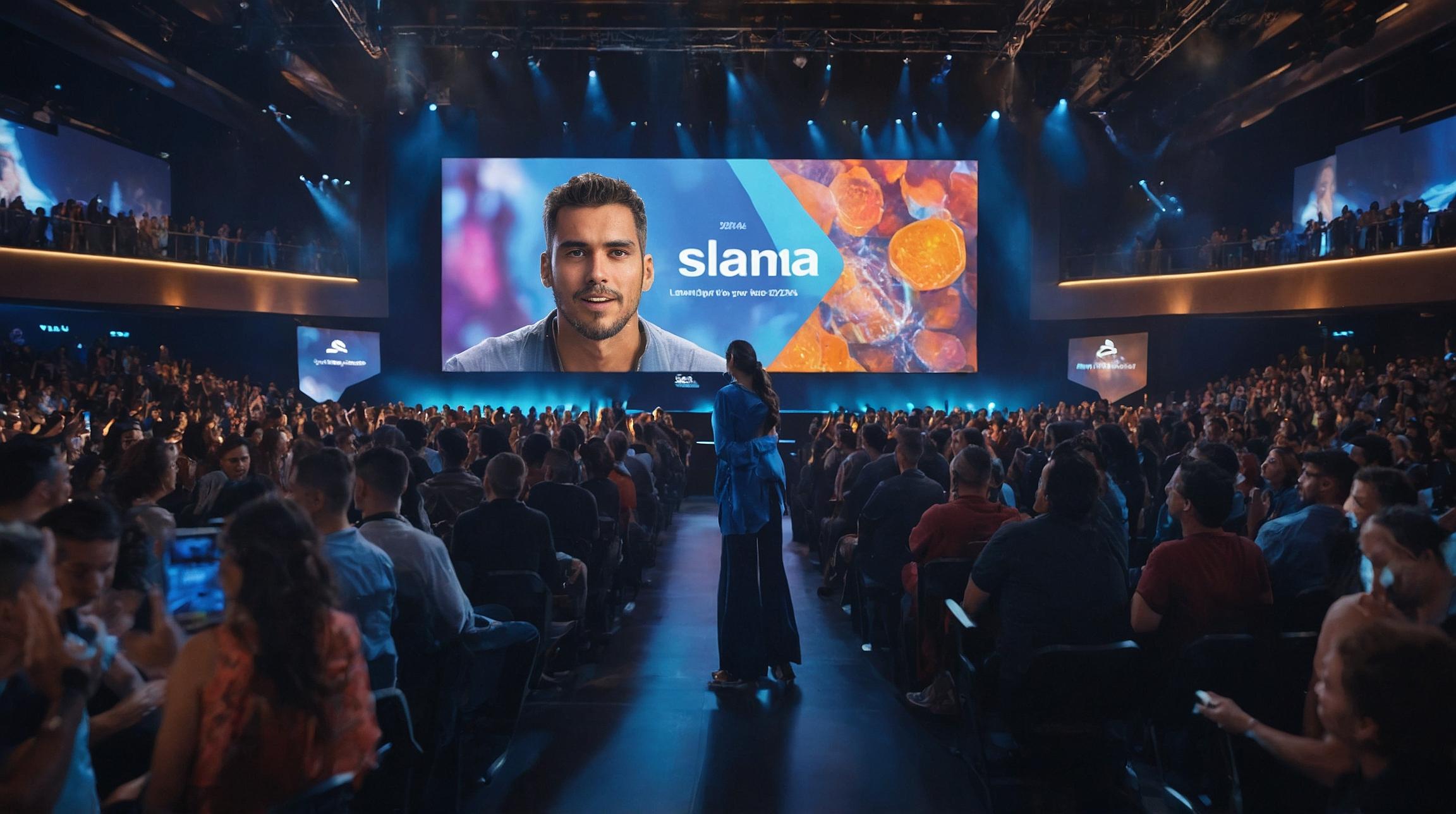AI Boom Strains Power Grid
The rapid growth of artificial intelligence is pushing the limits of our power grids due to the increased demand for more powerful processors and cooling energy. This surge in demand is creating opportunities for companies like Sustainable Metal Cloud (SMC), a data center company that operates "sustainable AI factories" using its innovative HyperCubes in Singapore and Australia.
What Are HyperCubes?
HyperCubes are specialized structures that house servers equipped with Nvidia processors. These servers are submerged in a synthetic oil called polyalphaolefin, which effectively draws heat away, outperforming traditional air cooling systems. This approach can reduce energy consumption by up to 50%, offering a significant advantage in energy efficiency.
Immersion Cooling Technology
The technology used in HyperCubes is known as immersion cooling. This process involves submerging electronic components in a liquid that cools them down without the need for air circulation. This method not only saves energy but is also 28% cheaper to install than other liquid-based cooling solutions.
Benefits for High-Density AI Platforms
SMC's co-founder, Tim Rosenfield, highlights the importance of this technology for hosting high-density GPUs (graphics processing units), which are essential for advanced AI applications like Nvidia's Grace Blackwell processors. These developments allow data centers to host more powerful machines in a smaller space, thereby optimizing performance.
Strategic Partnerships and Expansion
SMC is expanding its operations into new markets, including Thailand and India. The company has established significant partnerships, such as with Nvidia and Deloitte, to provide advanced AI computing infrastructure. These collaborations help in building AI applications and are crucial for supporting the evolving needs of modern data centers.
Liquid Cooling: A Growing Trend
The concept of liquid cooling is gaining traction amongst technology companies. It offers better power efficiency, lower energy costs, and reduced pollution. Experts from companies like Vertiv and Supermicro advocate for its integration into data centers, projecting accelerated adoption by 2024.
Challenges and Future Prospects
However, the widespread deployment of liquid cooling faces challenges. Many existing data centers are not designed to accommodate liquid cooling technologies. As SMC's Rosenfield notes, the industry is still exploring various methods to integrate this technology effectively. Despite these challenges, liquid cooling remains a promising avenue for sustainable data center operations.
Government Support for Green Data Centers
Governments are also backing initiatives to develop "green" data centers. Singapore, for instance, is investing heavily in this sector, aligning its AI ambitions with sustainable practices.
SMC's innovative approach and strategic partnerships position it well to capitalize on the growing demand for sustainable solutions in AI and data centers.













